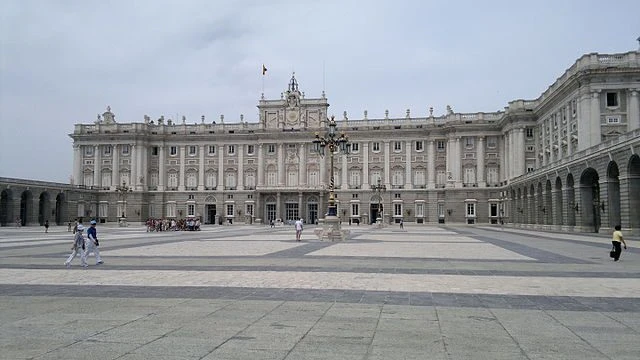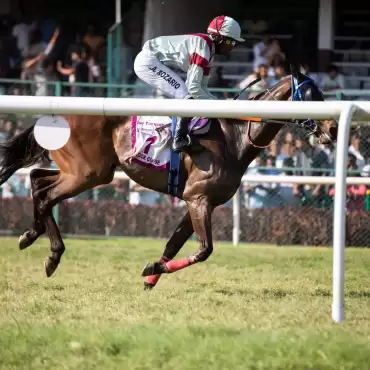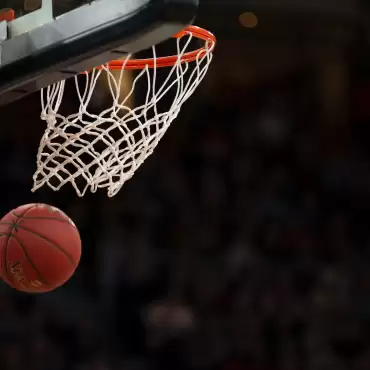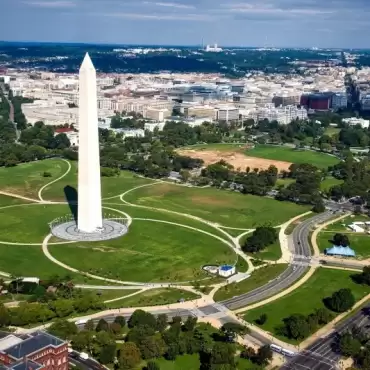Spain’s Supreme Court has partially upheld a Spanish Digital Gaming Association (Jdigital) appeal against Royal Decree 958/2020, with restrictions such as bans on celebrity advertising annulled.
The Spanish Royal Decree 958/2020 entered into force in November 2020. The regulations looked to reduce minors’ exposure to gambling advertising in Spain by banning aspects such as sponsorship deals with operators.
The measures faced backlash from the industry, with the Spanish Digital Gaming Association (Jdigital) launching an appeal against the Royal Decree. This appeal was rejected in November 2023 by the Spanish Constitutional Court.
In reviewing the law, however, the Supreme Court has now annulled several of the measures outlined in the Royal Decree, partially upholding the appeal.
As a result, multiple measures have been overturned, including article 13, which relates to targeting advertising towards new customers.
This means that Spanish operators will be allowed to market to players who have had an account for less than 30 days. Operators can now also advertise in establishments designated for the sale of lottery games and which are accessible by the public.
Article 15, which prohibits the appearance of celebrities in advertising, has also been annulled. Previously, those of “public relevance and notoriety”, both real and fictional, were prohibited from appearing in commercial communications.
Additionally, section 1 of article 23, and section 3 of article 25, which prohibited gambling adverts on video sharing platforms (such as YouTube), have been annulled.
Sections 2 and 3 of article 26 were also included in the Supreme Court’s decision. As a result, operators will be allowed to advertise on social media to all users over the age of 18.
Several measures “lacked legal coverage”
Spain’s Supreme Court deemed that a number of the Royal Decree measures lacked legal basis and therefore should be overturned.
Royal Decree 958/2020 mandated that advertising on TV and radio, including on YouTube, was restricted to the hours of 1am to 5am. Operator brands were also limited to only targeting promotions towards existing social media followers.
Other restrictions included online age-gating, as well as the prohibition of promotional bonuses. This, however, was exempt if advertising was targeted to verified customers. In 2021, Spain also banned the use of celebrities in gambling advertising, as well as sport sponsorships.
A new law was then passed in October 2022 to further restrict ads by restricting certain communications in advertising. This included references to social status, physical health, economic stability or mental health.
The depiction of money or luxury goods in advertising was also prohibited. It is also illegal to suggest that family and friendships should come second to gambling.
In announcing its ruling against some of those measures, the Supreme Court said: “The ruling considers that advertising is part of the freedom of business and is subject to limits.
“However, such limits and prohibitions, insofar as they also affect the exercise of a lawful business activity, must have sufficient legal coverage, without being able to be regulated by independent regulatory standards unrelated to the criteria and limits set by the legislator.”
What is still banned in Spain?
Article 12 on sports sponsorship was not listed in the annulments. This means that it is still prohibited for operators to advertise, or use branding for events, goods and services that can be viewed by minors. Operators are still also banned from sponsoring sporting events or broadcasts. Sponsorship activities that relate to a sports facility are also still prohibited.
Supreme Court’s decision catches some by surprise
The Supreme Court’s ruling will provide a big boost for Spanish operators and their customer acquisition efforts.
LOYRA Abogados, a Spanish law firm specialising in gaming, were part of the landmark ruling, assisting one of the plaintiffs. Patricia Lalanda, a partner at the firm, says she didn’t expect the news.
“When we received the judgment, the ruling of partial upholding of the appeal, annulling some of the most relevant articles of Royal Decree 958/2020 on commercial gaming communications, we were very surprised,” Lalanda told iGB.
“After the order of the Constitutional Court basically saying that with the reform of Law 13/2011 on the regulation of gambling, the object of the question of constitutionality had disappeared, everything indicated that the Supreme Court would go along the same line. But nothing could be further from the truth; the sentence is conclusive.”
Despite the numerous annulments, the decision not to scrap restrictions such as sport sponsorships and time limits mean Spanish operators are still unable to advertise completely freely.
However, Lalanda feels the Supreme Court’s overturned measures should be sufficient enough that further attempts to force more annulments fail to gain traction.
“I do not believe that it is now in the interest of the gaming industry or others affected to open new avenues of struggle against the limitations that are still in force.”





